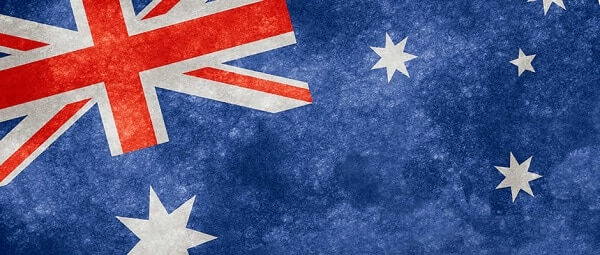At this time of the year every year, there is much debate in Australia about two events which divide the community.
The first relates to Australia Day. The sound cloud around the appropriateness of the date 26 January is currently dominating social media. Those calling for a rethink of the celebratory jingoism on this day actually refer to this date as Invasion Day, marking the start of the forcible decline of their culture.

Others believe that Australia Day on 26 January marks the foundation of the nation in its modern form, and there is no reason for change. That celebrations on this day hurt the feelings of the Indigenous population, is conveniently ignored by this group.
That history can be reinterpreted, may resonate more with the Indian-Australian community, thanks to the well-publicised argument put forward by contemporary Indian writer and politician Shashi Tharoor. His demand for Britain to make reparations to India for the brutality it inflicted on India’s economy and society after it invaded the country in the 19th century has been heard, read and lauded many times over the past year. The ever-articulate Tharoor brought to world attention that only one side of the Imperial domination has been depicted in history books, while the exploitation of the people and the gradual denuding of the country’s resources has largely gone by unacknowledged, indeed even unnoticed. History needs to relook at this dark chapter rather than glorify the British empire, Tharoor argued to much acclaim.
Even the ongoing controversy in India about Bollywood’s newest historical Padmaavat is an illustration of how in that case, history can be distorted to fit modern-day interpretations.

History can indeed be reinterpreted over time. We look at history through the prism of our own experiences and what we are aware of in the contemporary world around us. As well, we are connected in multiple ways these days: this not only allows us more avenues to learn about the world, it also helps us find like-minded people and use the collective wisdom to press for change. Whether that change is for the better or not, yes, only history will tell.
The other local event which divides the community at this time of year, is the idea of Australia moving away from the monarchy and becoming a republic. Indian-origin readers are well-aware that 26 January also marks Indian’s Republic Day: on this day in 1950, India finally broke all the shackles of two centuries of British rule. Adopting its own Constitution, India also chose its own Head of State. That Australia, in the 21st century, continues to swear allegiance to a monarchy thousands of miles away, is somewhat astounding: it is definitely an issue worth a revisit.
If history is any guide, both these controversial issues will be resolved. Which way, only history will tell.
History is not set in stone
The debate around Australia Day celebration raises a question of whether history can be reinterpreted and relooked

Reading Time: 2 minutes



